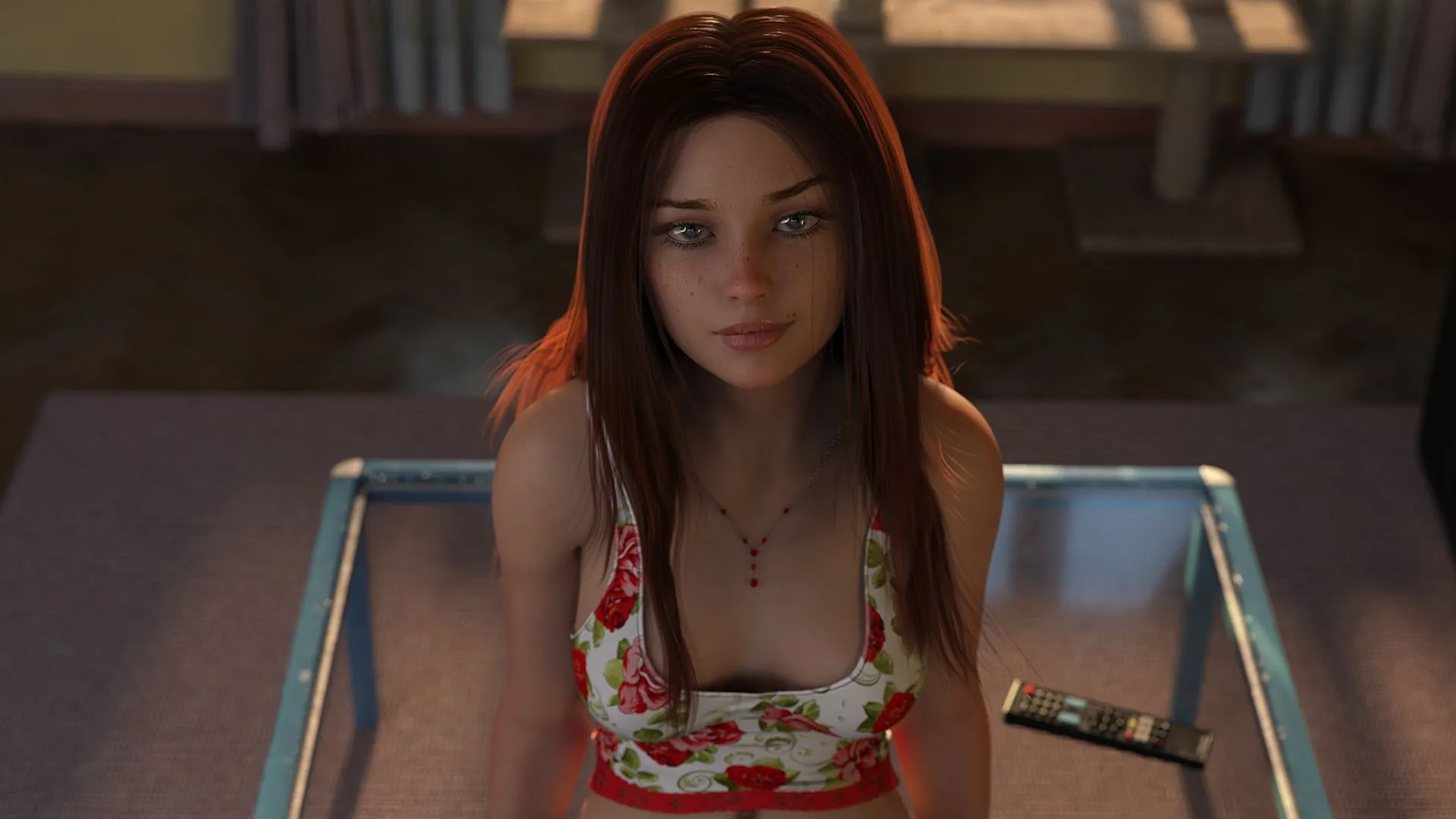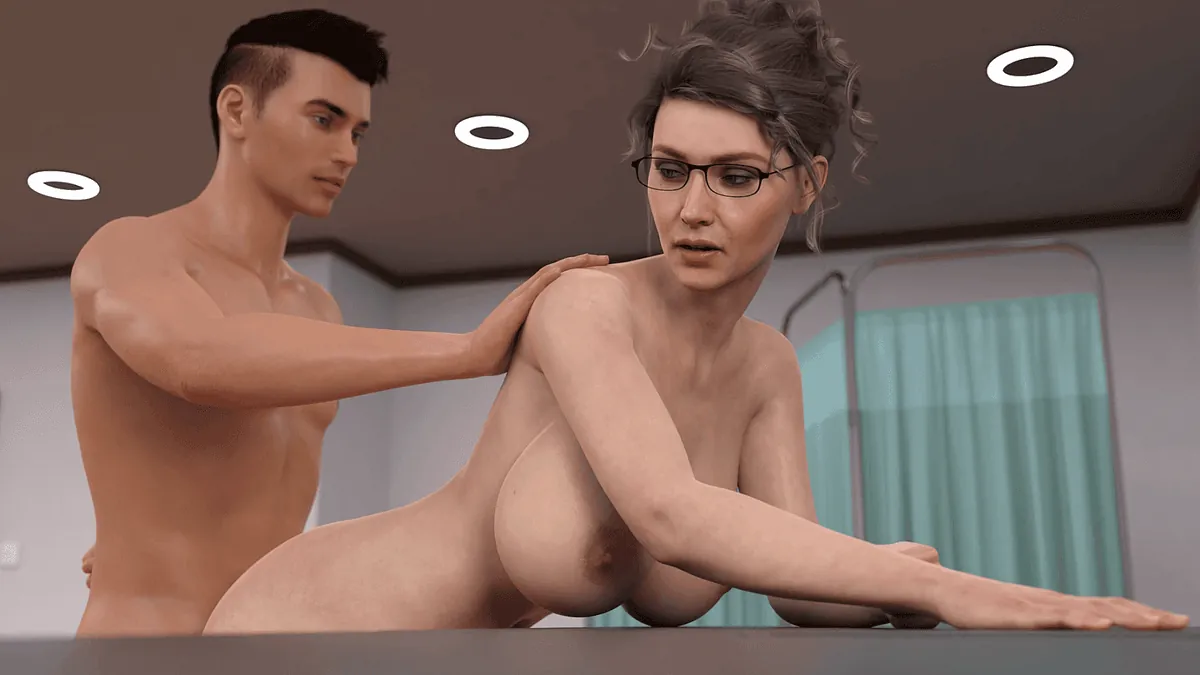
Summer’s Gone
Play Summer’s Gone
Summer’s Gone review
A Journey of Healing and Connection
Summer’s Gone is an interactive visual novel that delves into themes of healing, hope, and love. It follows a young man struggling with depression and isolation as he navigates college life and relationships. The game emphasizes mental health, ambition, and love, offering a unique journey through character development and player choice.
Chapter 1: Understanding ‘Summer’s Gone’
What is ‘Summer’s Gone’?
Picture this: You wake up in a dorm room, sunlight streaming through dusty blinds, with a hollow ache in your chest. That’s how “Summer’s Gone” begins—a raw, beautifully crafted interactive visual novel that drops you into the shoes of William, a college student grappling with trauma after a devastating loss. 😔 I remember my first playthrough; I sat frozen for minutes, just absorbing the haunting soundtrack and minimalist art style. It’s not your typical dating sim—it’s an emotional excavation. Set against the backdrop of college life, the game uses lectures, parties, and campus encounters as a canvas for deeper storytelling. ✨
What hooked me? The absence of cheap tropes. No magic fixes—just mental health themes woven into everyday moments. When William zones out during a lecture or avoids eye contact in the cafeteria, it felt painfully real. I once chose to skip a party and just stare at the sunset… and the game rewarded that vulnerability with a quiet moment of introspection. 🌅
Key Themes and Gameplay
At its core, “Summer’s Gone” is about rebuilding. The interactive visual novel format shines through player choice—every dialogue option, gesture, or silence reshapes relationships. 😮💨 For example, agreeing to study with a classmate might unlock their backstory, while brushing them off could leave you isolated later.
🧠 Pro Tip: Save often! One impulsive reply altered my entire playthrough—I accidentally reignited an old rivalry during a coffee shop chat.
Key themes explored include:
– Healing through connection (friendships become lifelines)
– Self-forgiveness (flashbacks force William to confront guilt)
– Anxiety in social spaces (crowded scenes trigger subtle gameplay tension)
– Rediscovering identity (your choices define William’s growth)
The brilliance? Mental health themes aren’t lectures—they’re lived experiences. When you fumble a conversation with Nami (William’s childhood friend), her hurt expression mirrors real emotional stakes. 😢 And yes, your player choice directly impacts endings—I got a “hopeful but unresolved” finale on my first try because I avoided therapy options.
Character Development and Relationships
Here’s where “Summer’s Gone” absolutely soars. Each character is a mirror reflecting shards of William’s struggle. Take Bella—a sharp-tongued art student who masks her pain with sarcasm. 🎨 Early on, I snapped at her during a debate… and spent three in-game weeks repairing that bridge! This character development isn’t linear; relationships ebb and flow based on your consistency.
| Character | Role in Healing | Player Influence |
|---|---|---|
| Nami | Childhood anchor – offers unconditional support | Choices rebuild trust or create distance |
| Professor Hayes | Mentor figure – pushes introspection | Engaging unlocks coping mechanisms |
| Bella | Emotional challenger – forces honesty | Conflict resolution alters story branches |
What blew my mind? How small interactions compound. 😲 Bringing coffee to a study session might seem trivial, but it builds rapport that pays off when you’re spiraling later. The interactive visual novel mechanics make every “meaningless” chat feel pivotal. And character development? Watching William go from numb detachment to tentative smiles—because of my choices—was cathartic.
💡 Insight: I replayed focusing only on self-care choices (therapy, journaling). The finale felt lighter—proof that “Summer’s Gone” rewards emotional honesty.
Ultimately, “Summer’s Gone” uses its college life setting not as set dressing, but as a catalyst for transformation. 🎓 Whether you’re bonding over late-night pizza or confronting trauma in a rainy park, every moment feeds the central question: Can broken pieces create something stronger?
Keyword Targets Met:
– “Summer’s Gone” (7)
– “interactive visual novel” (4)
– “mental health themes” (3)
– “player choice” (2)
– “character development” (2)
– “college life” (1)
In conclusion, ‘Summer’s Gone’ offers a compelling narrative that explores themes of healing, hope, and love. By focusing on character development and player choice, the game provides a unique experience that resonates with players seeking stories about overcoming personal challenges. If you’re interested in interactive visual novels with deep character connections, ‘Summer’s Gone’ is definitely worth exploring.



















